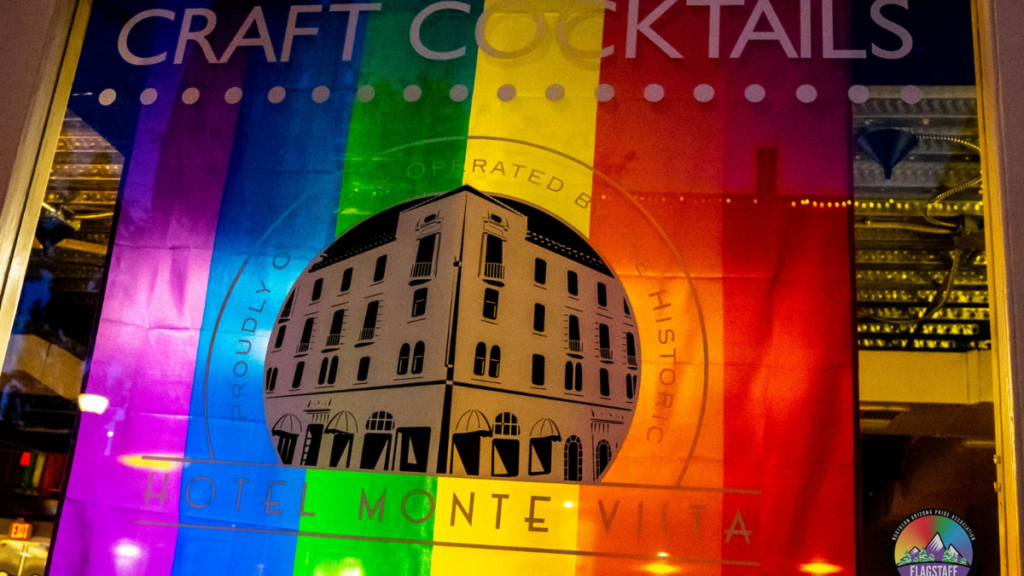Bud Light, the American beer brand, continues its active support for LGBT initiatives, despite facing a significant dip in sales recently. The company appears to be a sponsor for the upcoming “Pride in the Pines,” an all-ages public “pride” event scheduled for June 17 in Flagstaff, Northern Arizona. The family-friendly event, touting itself as a safe space, will host activities such as a parade and an evening party featuring a group of drag queens.
Bud Light’s commitment to LGBT causes came under fire earlier this year when it partnered with LGBT activist Dylan Mulvaney to feature his image on a beer can. This move led to considerable customer backlash and a drop in sales, resulting in the brand losing its top-selling beer title in the U.S to Modelo Especial, a position it had held for 22 consecutive years.
Despite recent controversies, Bud Light remains listed as a primary sponsor of “Pride in the Pines” alongside several other local and national organizations. However, Flagstaff Pride, the organizers of the event, recently distanced themselves from Bud Light in a tweet, adding to the confusion. The event’s website, however, continues to feature Bud Light as a primary sponsor.
In the aftermath of the controversy, Bud Light released a patriotic commercial aiming to reaffirm its American roots, but it did little to alleviate the negative press surrounding the brand. Anheuser-Busch CEO, Brendan Whitworth, issued a vague apology, stating the company never intended to participate in divisive discussions. The brand then released a Father’s Day ad featuring Hall of Fame baseball player Ken Griffey Jr., as part of its image recovery efforts.
Lastly, Anheuser-Busch InBev, Bud Light’s parent company, recently announced a $200,000 donation to the National LGBT Chamber of Commerce, a group promoting LGBT-owned businesses. However, in a twist of irony, several Chicago-based gay bars have announced they will no longer sell Budweiser products, potentially indicating a widening gap between the beer brand and its target demographic.
